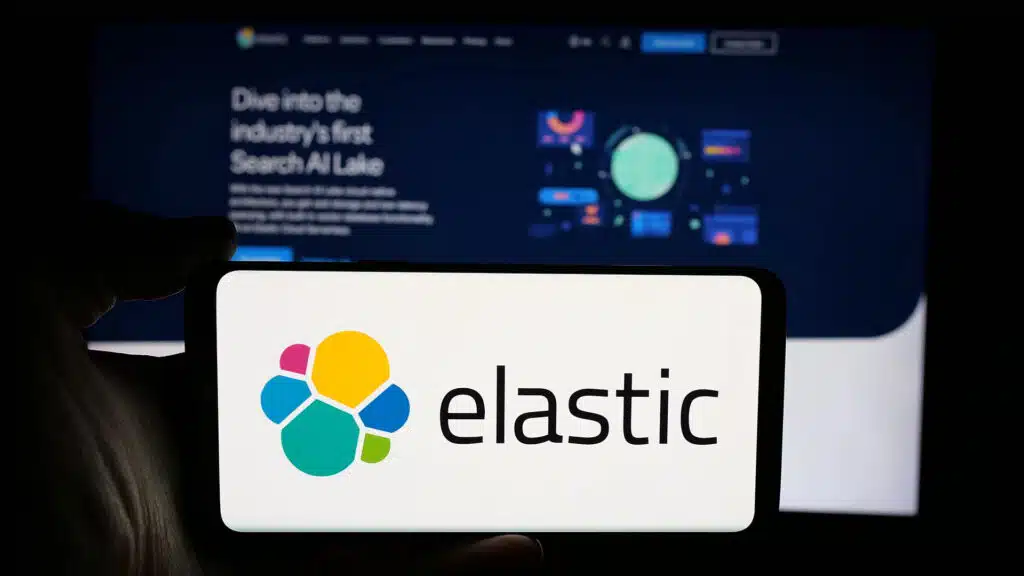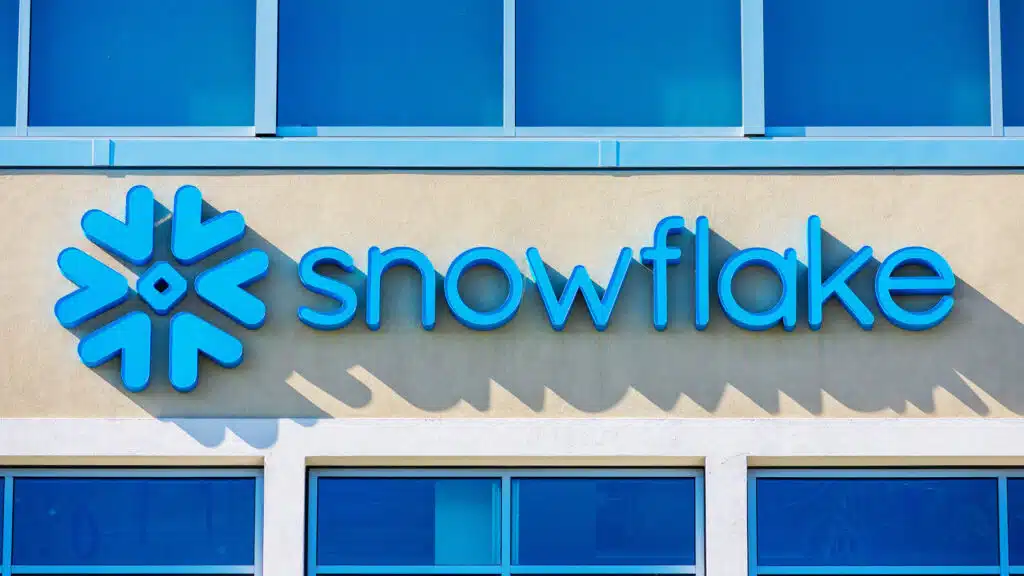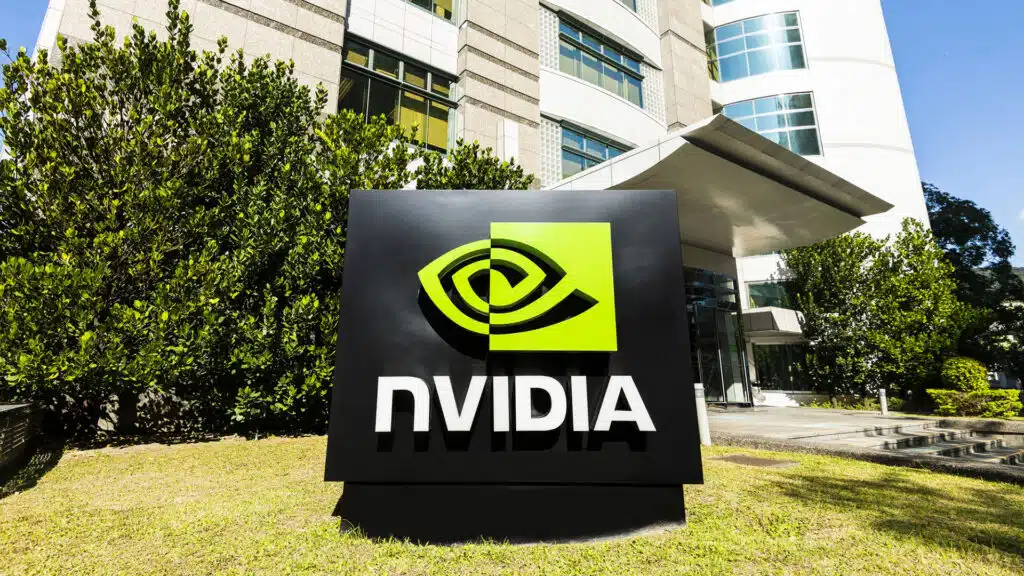The News: Ericsson has launched AI-powered Energy Infrastructure Operations, a new energy management solution that leverages artificial intelligence and advanced data analytics to optimize energy consumption across network infrastructure for communications service providers. Integrated into the Ericsson Operations Engine – the company’s AI-based, data-driven approach to managed services – the new solution enables service providers to reduce OPEX and CO2 emissions from their networks while maximizing site availability. Read more at the Ericsson press room.
Ericsson’s Energy Infrastructure Operations Enlist AI to Make Networks Cleaner
Analyst Take: Ericsson launched its Energy Infrastructure Operations offering aimed primarily at delivering energy efficiencies on the radio network, where the company pinpoints the most savings can be achieved. The new solution is designed to address site-related energy savings as well as operational efficiencies to lower site visits in order to reduce CO2 emission across multiple layers.
To boost operator consideration Ericsson asserts the following energy conservation benefits:
- 15 percent decrease in energy-related OPEX
- 15 percent reduction in site visits related to passive infrastructure
- 30 percent reduction of energy related outages
Our research aligns with Ericsson’s AI Report that identifies OPEX reduction as a top priority for operators as they adapt to 5G-IoT environments. Now it remains to be seen if touting energy benefits, such as CO2 reductions, can provide additional incentive for operators to adopt Ericsson’s Energy Infrastructure Operations solution.
Next Moves for Ericsson
What are the next best moves for Ericsson? I believe the company needs to emphasize the multi-vendor credentials of the new Energy Operations Engine to allay any operator concerns that achieving optimal OPEX and energy benefits require Ericsson-only or Ericsson-centric implementations. In addition, Ericsson should further detail how its application of automation, especially closed-loop automation, strengthens its Ericsson Operations Engine solution in providing competitive OPEX savings and CO2 reductions.
For instance, archrival Nokia already touts its Nokia Assurance Center as a multi-vendor, multi-technology and multi-domain system that provides a unified assurance platform across traditionally separate and disparate systems and domain silos. The platform uses Bell Labs-originated AI and ML technology and is a key component of Nokia’s overall operations software portfolio and round-trip operations automation proposition. In addition, Nokia also touts how its Nokia Experience Center delivers closed-loop automation that enable operators to rapidly detect, diagnose and recover from service-impacting issues, including radio site issues, without human intervention.
Ericsson Boosts Energy Accolades but Differentiation is Hazy
Ericsson scores marketing points for emphasizing the energy and green benefits operators stand to gain through additional OPEX savings. However, I surmise Ericsson will be hard-pressed to achieve significant portfolio differentiation, including the radio, AI, and operations areas, as evidenced by Nokia’s portfolio offerings and messaging in this area.
Moreover, key mobile infrastructure rivals, such as Huawei, ZTE, and Samsung, are already using AI technology to enhance their radio, operations, and managed services portfolio capabilities, including energy and OPEX benefits. In order to further distinguish its managed services and energy management portfolio, Ericsson needs to demonstrate how it is harnessing emerging energy infrastructure-related technologies, such as blockchain for multi-site energy brokering and self-sustaining battery-powered sites, to deliver breakthrough differentiation against its formidable foes. Otherwise Ericsson is merely echoing the same intertwined lower OPEX/energy management benefit claims of its rivals.
Futurum Research provides industry research and analysis. These columns are for educational purposes only and should not be considered in any way investment advice.
Other insights from Futurum on this topic:
NVIDIA and Ericsson Team Up on AI Powered 5G VRAN
Qualcomm and Ericsson Ready for the Next Phase of 5G Commercialization
Ericsson and Deutsche Telekom Prioritize Delivering Mobile Solution at Industrial Sites
Image Credit: Ericsson
Author Information
Ron is an experienced, customer-focused research expert and analyst, with over 20 years of experience in the digital and IT transformation markets, working with businesses to drive consistent revenue and sales growth.
Ron holds a Master of Arts in Public Policy from University of Nevada — Las Vegas and a Bachelor of Arts in political science/government from William and Mary.







